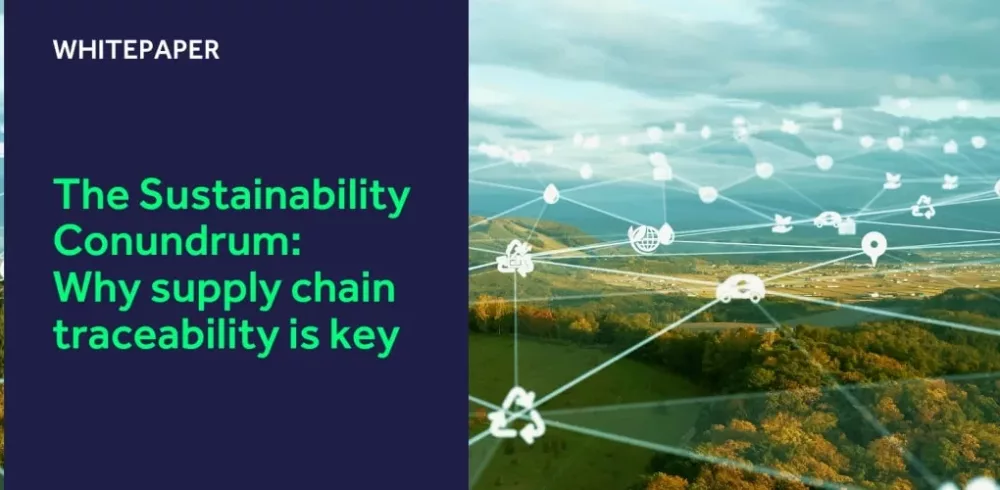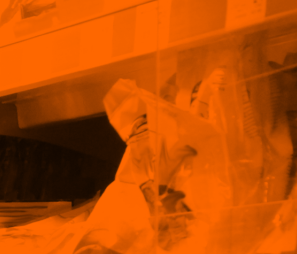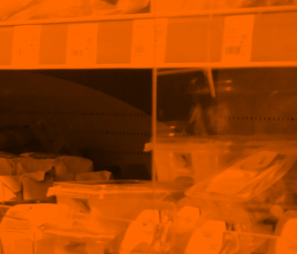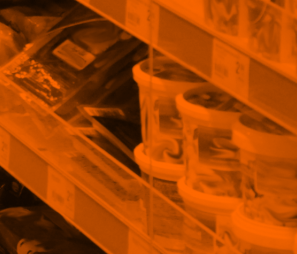Sustainability Top of the Agenda for Business Leaders, But IT Lags Behind
More than two thirds of (67%) retail and fashion business leaders have revealed that significant sustainability focused events such as COP26 and the Climate Red report have changed their thinking on tackling sustainability, according to the latest research from retail fashion technology leader, K3. Despite this shift in thinking, only three in 10 have placed environmental sustainability in their top two IT budget priorities.
These findings are revealed in K3’s The Sustainability Conundrum: Why Supply Chain Traceability is Key report conducted with Sapio Research, which surveyed 402 retail and fashion business decision makers in the UK and the US. The research reveals the disconnect between attitudes and actions when it comes to sustainability. It also highlights the need for action; retail and fashion sectors must embrace new technology, streamline supply chains and protect our planet.
Sustainability is now a priority, but IT needs to get on board
Major sustainability events such as COP26 have lit a fire under the move towards more sustainable practices. However, less than half use IT resources to manage CSR or company sustainability objectives.
The good news is that three in five have implemented some technology or IT solutions for managing their sustainability efforts and have specific allocations for this in their 2022 budget. However, actions are not following ambitions; Fewer than a quarter have fully implemented these solutions. In fact, UK respondents were less likely to have fully implemented IT solutions for sustainability than US respondents.
“It is clear from the research there is a disconnect between retail and fashion leaders attitudes and their actions when it comes to sustainability practices and protecting our planet,” said Casey Potenzone, Chief Commercial & Strategy Officer at K3.
“While constrained by budgets, pandemics and a struggle to survive, retailers have to look beyond the next weeks or months, embrace new technology and put in solutions now that will reduce waste, water consumption and carbon emissions, without compromising the user experience – this begins with the supply chain.”
Supply chain transparency – the lynchpin to sustainability
Almost two thirds of retail and fashion leaders say supply chain transparency is a focus for their sustainability efforts. But, only 29%, say they have all the supply chain technology they need to be more ethical and sustainable across their supply chain, including less than a quarter of UK respondents. This needs to change for businesses to reach the targets that are being demanded by both consumers and governments across the globe.
Furthermore, two in five BDMs say their supply chain technology could be improved and 17% that it needs to be improved. 14% don’t know if their current supply chain technology can manage their supply chain more sustainably.
“Investing in the supply chain is no longer a nice to have, but a requirement for any retailer or fashion business. Whilst our research reveals that BDMs are committing to sustainability, this needs to be transferred into action, with bigger budgets and more transparency in the supply chain. Only by using technology to have full visibility over their supply chain, will retailers be able to adapt quickly, and create processes and products that don’t compromise our natural resources. It’s time for retail and fashion BDMs to put the planet before profits and commit to a world with technology and sustainability at its core,” Potenzone continues.
Manufacturing & Engineering Magazine | The Home of Manufacturing Industry News















